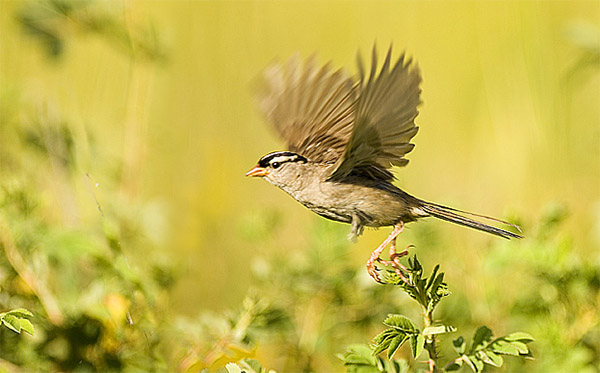What To Do When A Bird Flies Into Your House
| Tweet |

This article was originally drafted for the Malaysian Nature Society Eco Kids Column, after a tearful friend called me for help when a bird hit the ceiling fan in her home and died of its injuries. I felt frustrated that too many people did not know what to do with injured and lost birds and wildlife. The article received positive feedback and SPCA Selangor reproduced it in our e-newsletter last week. It is reposted here with the relevant phone numbers)
WHAT TO DO WHEN A BIRD FLIES INTO YOUR HOUSE & OTHER ANIMAL DILEMMAS
Sometimes birds and insects end up inside our homes by mistake. While this can be an exciting incident for pets and young children, the stress of finding itself trapped in a human home can cause�great distress to wild birds. Some may crash into walls and windows, injuring themselves badly in the process.
When a bird flies into your house,�take these steps to prevent further distress, injury and death:
1.�Switch off all fans IMMEDIATELY.�Birds often try to escape by flying up towards the ceiling and many die upon coming in contact with fan blades.
2. If you have companion cats and dogs,�remove them from the area�and confine them to their kennels, cages or an escape-proof room immediately.
3. If the bird is in the kitchen,�switch off the stove, cookerhood and any other heat-generating appliances�that may harm the bird should it collide with the appliance. Cover all pots, pans and kettles that have hot food or liquids in them.
4.�Open all the doors and windows to enable the bird’s escape. Close all doors to other rooms to stop the bird from becoming more confused and flying deeper into the house.
5.�Do not use loud noises, sticks or hard objects to chase the bird out. Use your hands to gently push, pick up or direct the bird towards and open door or window. If the bird appears stunned or injured, throw a light towel over the bird and gently pick up the bird. Inspect the bird for injuries.
6.�Injured birds should be brought to a vet for treatment. Birds that are merely stunned can be brought outside and released. Be on the lookout for dogs and cats that may be waiting to pounce on a dazed bird.
Q: I found a baby bird that has fallen out of its nest. What do I do?
A: The first choice is always to return a baby animal to its parents. Try to locate the nest and put the nestling back in it.
Q: Won’t the mother bird know that I’ve touched her baby and reject the baby?
A: The majority of birds do not have a highly developed sense of smell. They will not “smell” a human and reject the nestling if you replace it in the proper nest. Put the bird back in its nest and walk away. Do not hang around the nest, whistling or chirping to attract the mother bird’s attention. Go indoors and wait for an hour. The mother bird will generally return to check on its baby when she feels it is safe to do so.
Q: I spotted a baby tree shrew / civet / bird / macaque / some other wild animal looking lost and without its parents. Do I pick it up and bring it home?
A: If you spot an animal on its own, particularly a young or juvenile animal that appears to be deserted or in difficulty, do not try to catch it right away. Observe its behaviour for 20 minutes. In the case of a young or juvenile animal, it may simply be waiting for a parent to return. Remember, adult animals will often leave their young to hunt for food and return within a short period of time to feed/care for the offspring.
If the animal is obviously injured, call PERHILITAN or any wildlife rescue centre for assistance. Injured wild animals can be dangerous and need special handling. If you need to bring an injured wild animal to the vet or to the PERHILITAN office, be sure to�wear protective gear�before handling the animal. A long-sleeved shirt, gloves and eye protection (glasses, sunglasses or goggles) are essential. Cover the injured animal with a towel, wrap the towel around the animal’s feet/claws/talons, and pick the animal up gently. Put the animal in a box (with holes punched into the sides or top for air). Bring the animal to the vet or PERHILITAN office with as little disturbance as possible. This means no lifting the box lid to peek at the animal every few seconds!�The less the animal sees of you, the less stress it will experience. Good luck!
Useful numbers to have:
Avian Vet, Dr. Jalila Abu of Universiti Putra Malaysia: 03 8946 8340
Perhilitan (Dept of Wildlife and National Parks) Hotline�(for wildlife crimes and injured wildlife): 03-90866800
| Tweet |


Facebook Comments